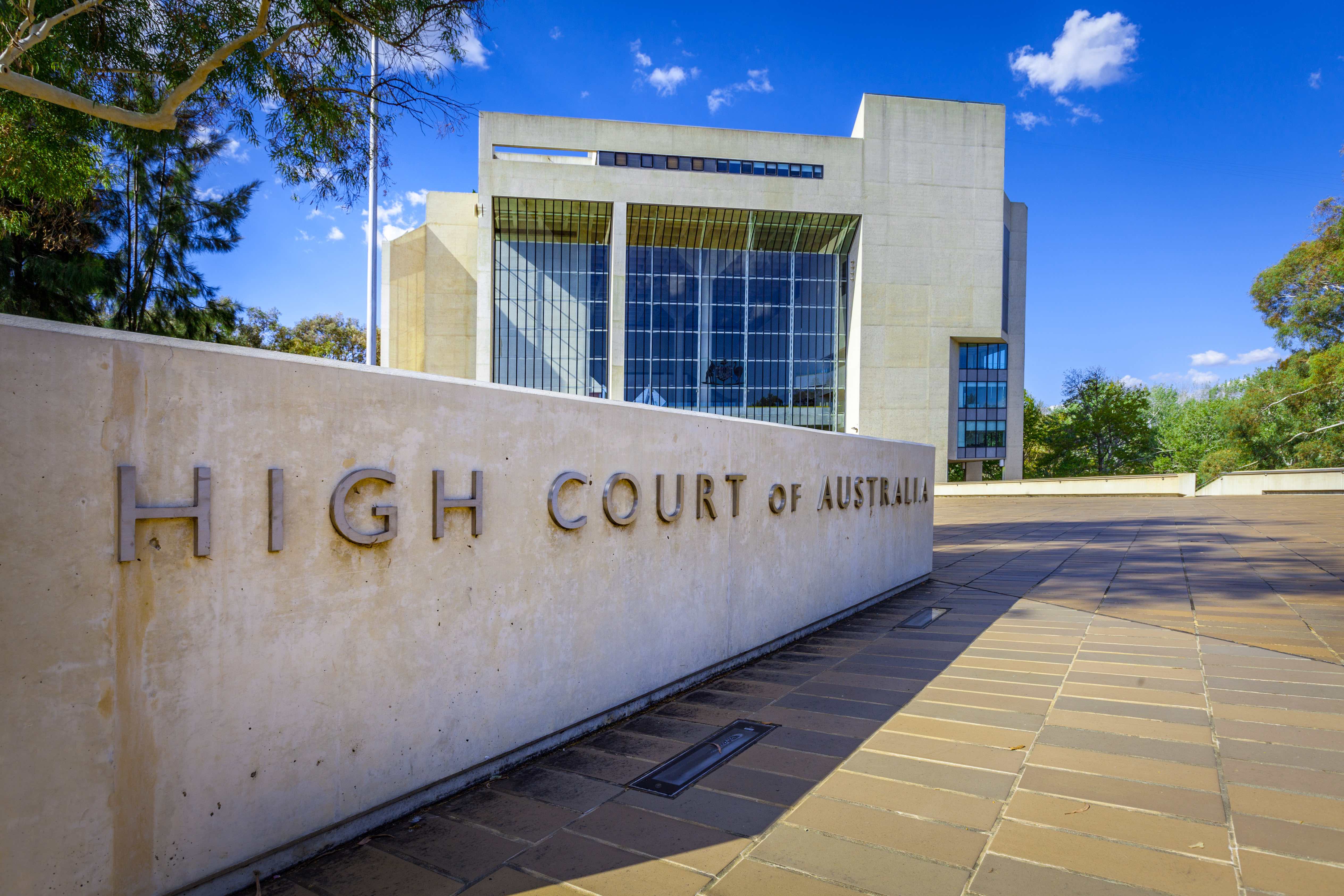High Court. Did the delegate fail to comply with ss 56 and 62 of the Migration Act 1958 (Cth), and thus made a jurisdictional error, by saying that "any documents that are not translated by accredited translators in Australia, or by official offshore translators, will not be included as part of [the assessment of whether to grant a visa]"?
The plaintiff applied for a protection visa, after which a delegate of the Minister issued him a s 56 letter, requesting that any documents not in English be supported by sworn translation.
The visa application contained documents in English and Mandarin, the latter of which were not translated, even after the s 56 letter was provided.
Section 56(1) of the Migration Act 1958 provided that "[i]n considering an application for a visa, the Minister may, if he or she wants to, get any information that he or she considers relevant but, if the Minister gets such information, the Minister must have regard to that information in making the decision whether to grant or refuse the visa".
Section 62 provided:
(1) If an applicant for a visa:
(a) is invited to give additional information; and
(b) does not give the information before the time for giving it has passed;
the Minister may make a decision to grant or refuse to grant the visa without taking any action to obtain the additional information.
(2) If an applicant for a visa:
(a) is invited to comment on information; and
(b) does not give the comments before the time for giving them has passed;
the Minister may make a decision to grant or refuse to grant the visa without taking any further action to obtain the applicant's views on the information.
Some of the questions to the High Court (HCA) were as follows:
Question 1: Does each of s 56 and s 62 confer a discretionary power on the Minster?
Question 2: If the answer to Question 1 is 'yes', must those discretionary powers be exercised reasonably?
Question 3: In circumstances where "the plaintiff was specifically requested to provide a translated version of the pdf document but declined to do so", where it was "open to him to provide a translation of the titles of his videos and a sample of their content, but he chose not to do so", and "where s 5AAA(2) of the Act imposed an obligation on the plaintiff to provide sufficient evidence to establish his claim", should it be doubted that "either the failure of the delegate to exercise the discretion conferred by s 56 to get further information or the exercise of the discretion conferred by s 62 to make a decision on the application without doing so could be characterised as failing to meet the legal standard of reasonableness"?
Question 4: In circumstances where parts of the pdf document given to the delegate and the s 56 response were in English, and where, "although certain substantive parts of the documents were in Mandarin, those parts of the documents appeared to be at least consistent with the English language descriptions of their contents", can it be said that, "while it would have been open to the delegate to afford minimal weight to those parts of the documents (and recordings) that were not translated into English, it was not open to the delegate to treat all documents involving untranslated components as having not been "included as part of this assessment"", because of the effect of s 54 and s 56?
Question 5: If the answer to Question 4 is 'yes', can it be said that, "had the delegate appreciated that some regard had to be had to those documents, the delegate may have again exercised the power conferred by s 56, and exercised the power conferred by s 62 differently", with the result that the error was material to the outcome, and therefore jurisdictional?
Question 6: Rule 25.02.2 of the High Court Rules required that an application for a writ of certiorari must be filed "within 6 months after the day the decision sought to be quashed was made", or within a shorter period as any other law may require. Is s 486A(1) of the Migration Act 1958 (Cth) such a law?
Question 7: Rule 4.02 of the High Court rules provided that any period of time fixed by or under the High Court Rules may be enlarged or abridged by an order of the Court or a Justice, whether made before or after the expiration of the time fixed. Can it be said that, if the High Court "is satisfied pursuant to s 486A(2)(b) of the Act that it is in the interests of the administration of justice to extend the time for the making of the application until 3 April 2025, then, to the extent necessary, an appropriate order under r 4.02 would be made"?
Question 8: Do the following matters bear upon whether it is necessary in the interests of the administration of justice to extend the 35 day period for seeking judicial review: "the merit of his substantive application; the lack of prejudice to the Minister; and his explanation for the delay"?
Question 9: Is it relevant to the question of whether to extend the time to seek judicial review that "there is no evidence that the plaintiff only took action in respect of the refusal of his application for a protection visa because of any threatened enforcement action", and that instead he took reasonable steps to file his judicial review application as soon as he became aware of the visa refusal?
Question 10: If the HCA allows the judicial review application, should there be no order as to costs, as the plaintiff was out of time to bring the proceedings, and as the basis for the finding of jurisdictional errors was raised by the Court with the parties?
The HCA answered those questions as follows:
The remainder of this article is only available to Case Law and Platinum subscribers.
Read our Terms & Conditions and upgrade below:
Monthly Subscriptions
Annual Subscriptions
Where GST applies, the above amounts are inclusive of GST.
Content Types
Basic Content includes basic news, some media articles and selected announcements.
Premium Content includes all our content, except for Case Law Content. In other words, it includes Basic Content, plus all our articles on legislative and policy changes, industry updates and the Migration Legislation Tracker.
Case Law Content includes Basic Content, plus case law summaries, analysis and extract, but does not include Premium Content.
Platinum Content includes Basic Content, plus Premium Content, plus Case Law Content. In other words, it includes ALL our content.
If you already have a Case Law or Platinum subscription, click on 'Login' below.










